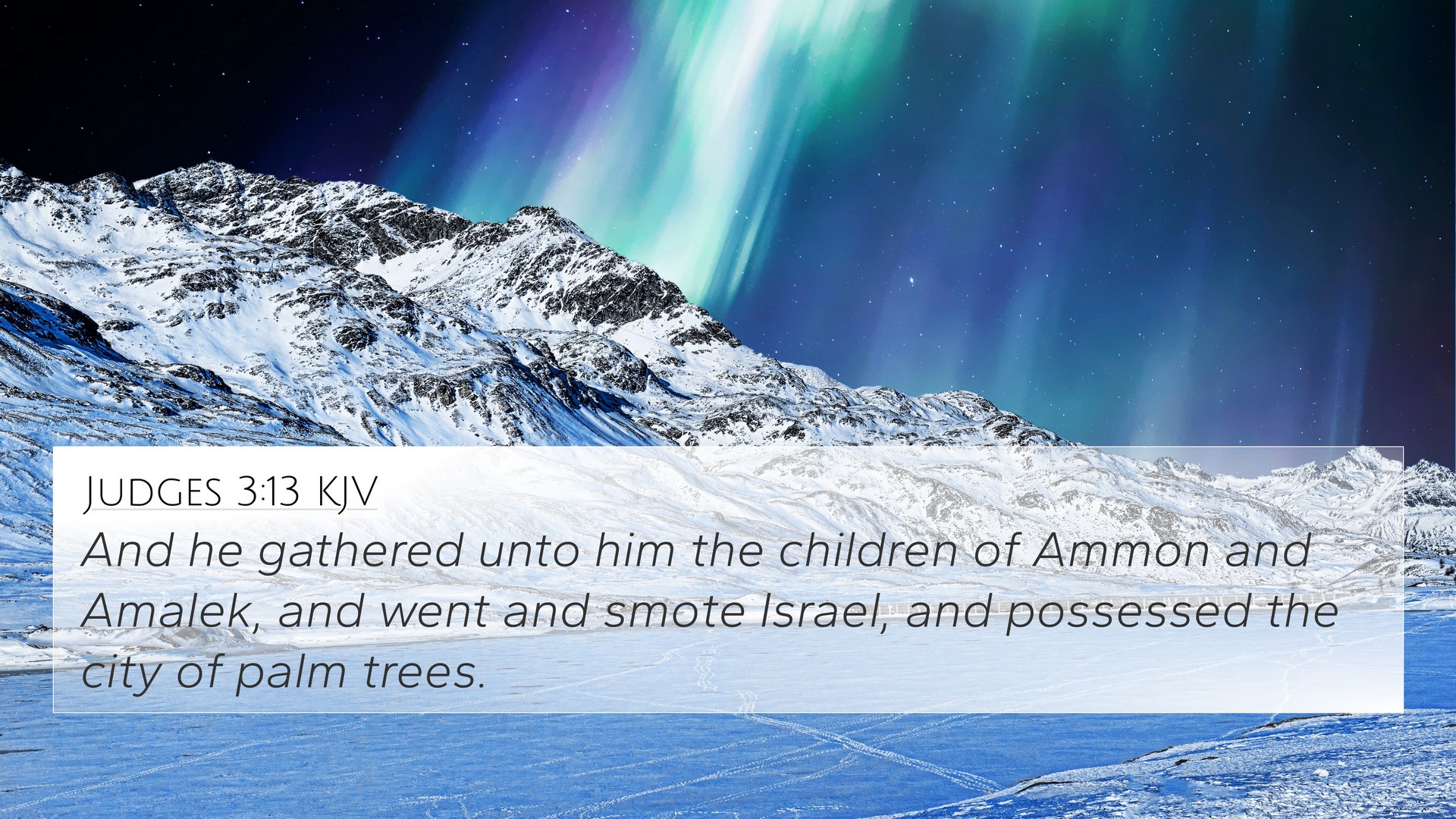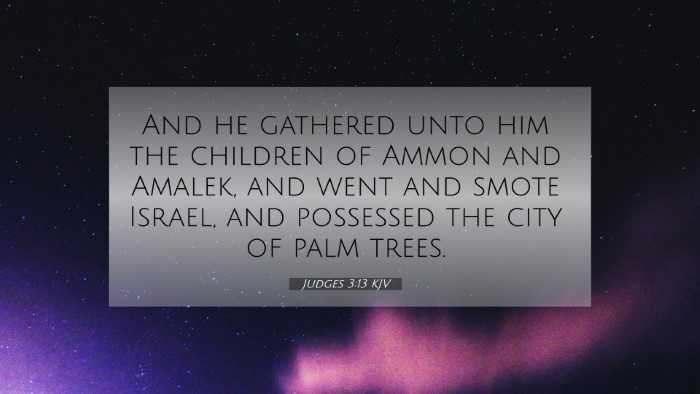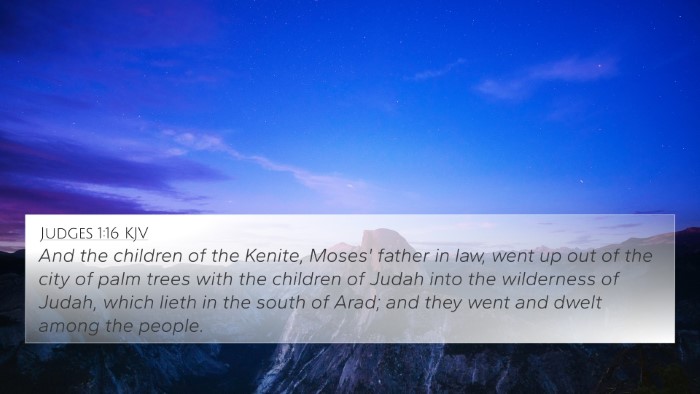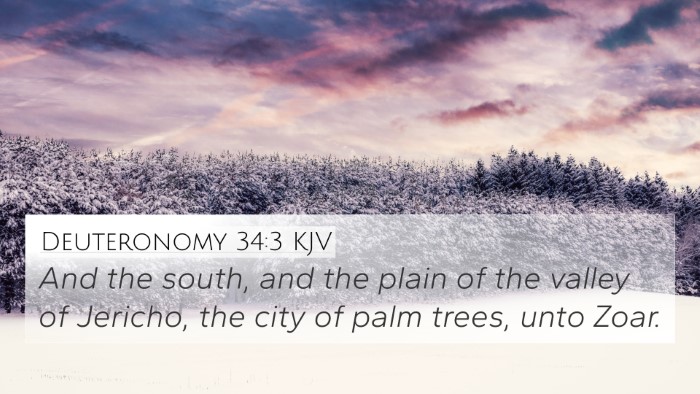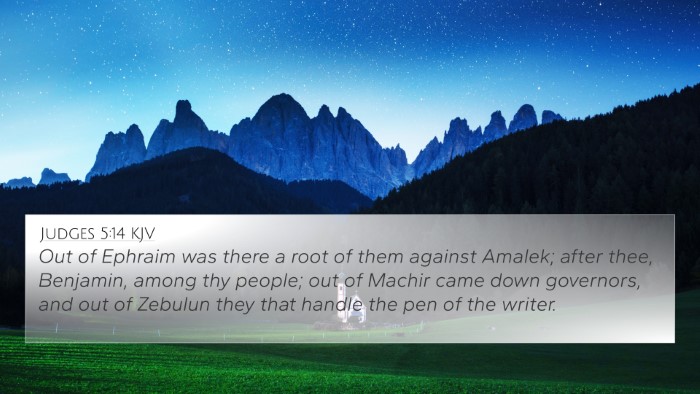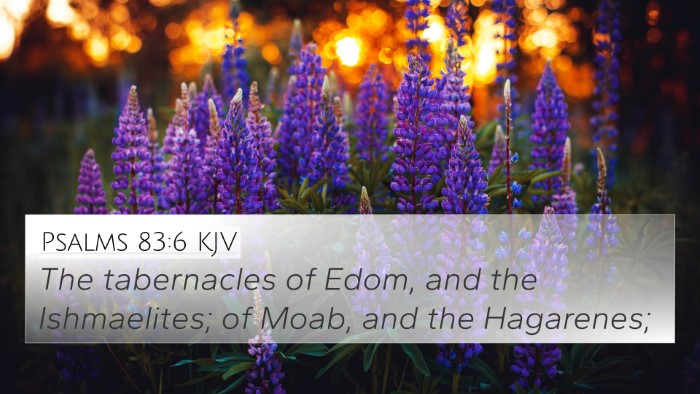Old Testament
Genesis Exodus Leviticus Numbers Deuteronomy Joshua Judges Ruth 1 Samuel 2 Samuel 1 Kings 2 Kings 1 Chronicles 2 Chronicles Ezra Nehemiah Esther Job Psalms Proverbs Ecclesiastes Song of Solomon Isaiah Jeremiah Lamentations Ezekiel Daniel Hosea Joel Amos Obadiah Jonah Micah Nahum Habakkuk Zephaniah Haggai Zechariah MalachiVerse
Judges 3:1 Judges 3:2 Judges 3:3 Judges 3:4 Judges 3:5 Judges 3:6 Judges 3:7 Judges 3:8 Judges 3:9 Judges 3:10 Judges 3:11 Judges 3:12 Judges 3:13 Judges 3:14 Judges 3:15 Judges 3:16 Judges 3:17 Judges 3:18 Judges 3:19 Judges 3:20 Judges 3:21 Judges 3:22 Judges 3:23 Judges 3:24 Judges 3:25 Judges 3:26 Judges 3:27 Judges 3:28 Judges 3:29 Judges 3:30 Judges 3:31